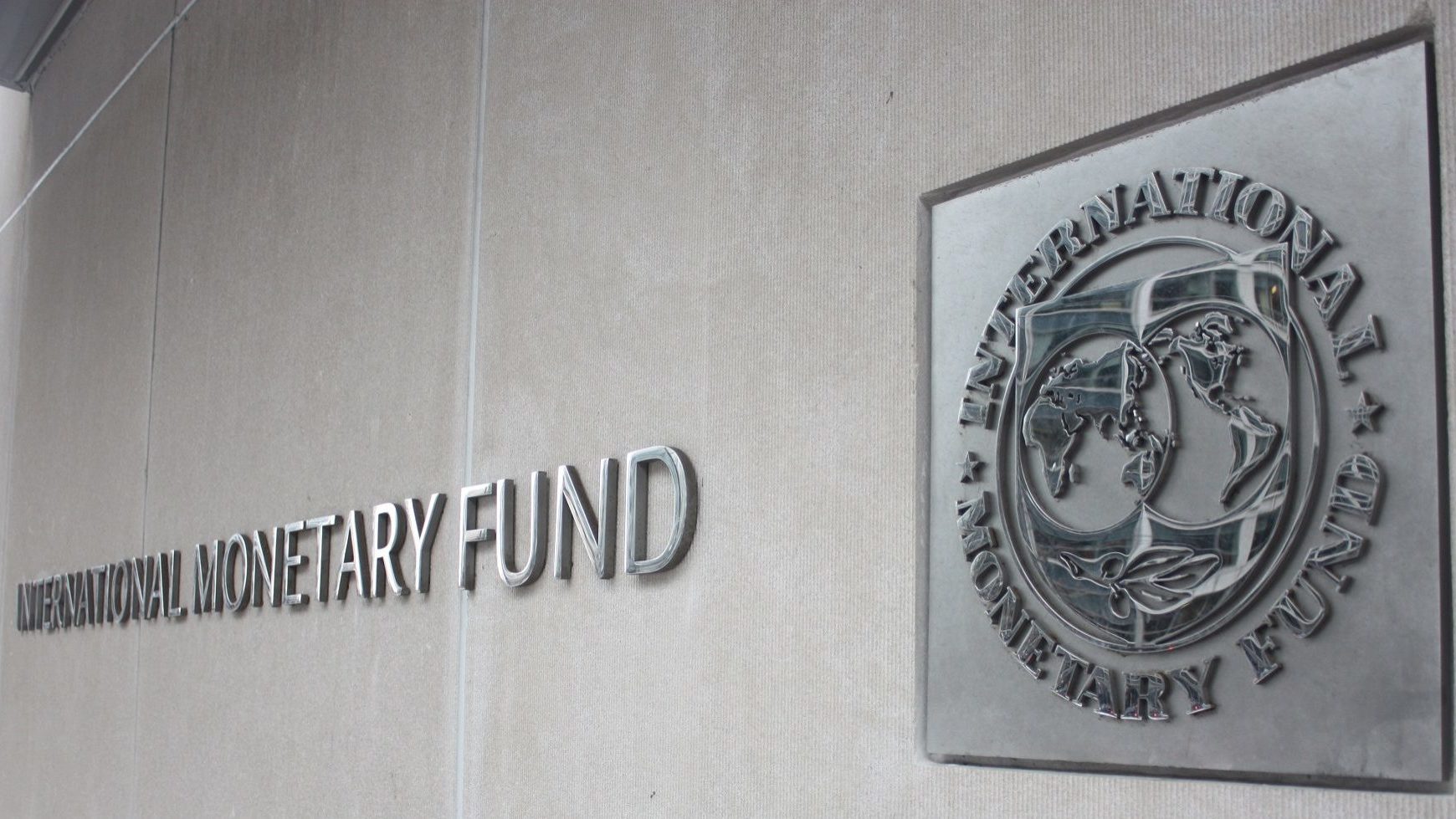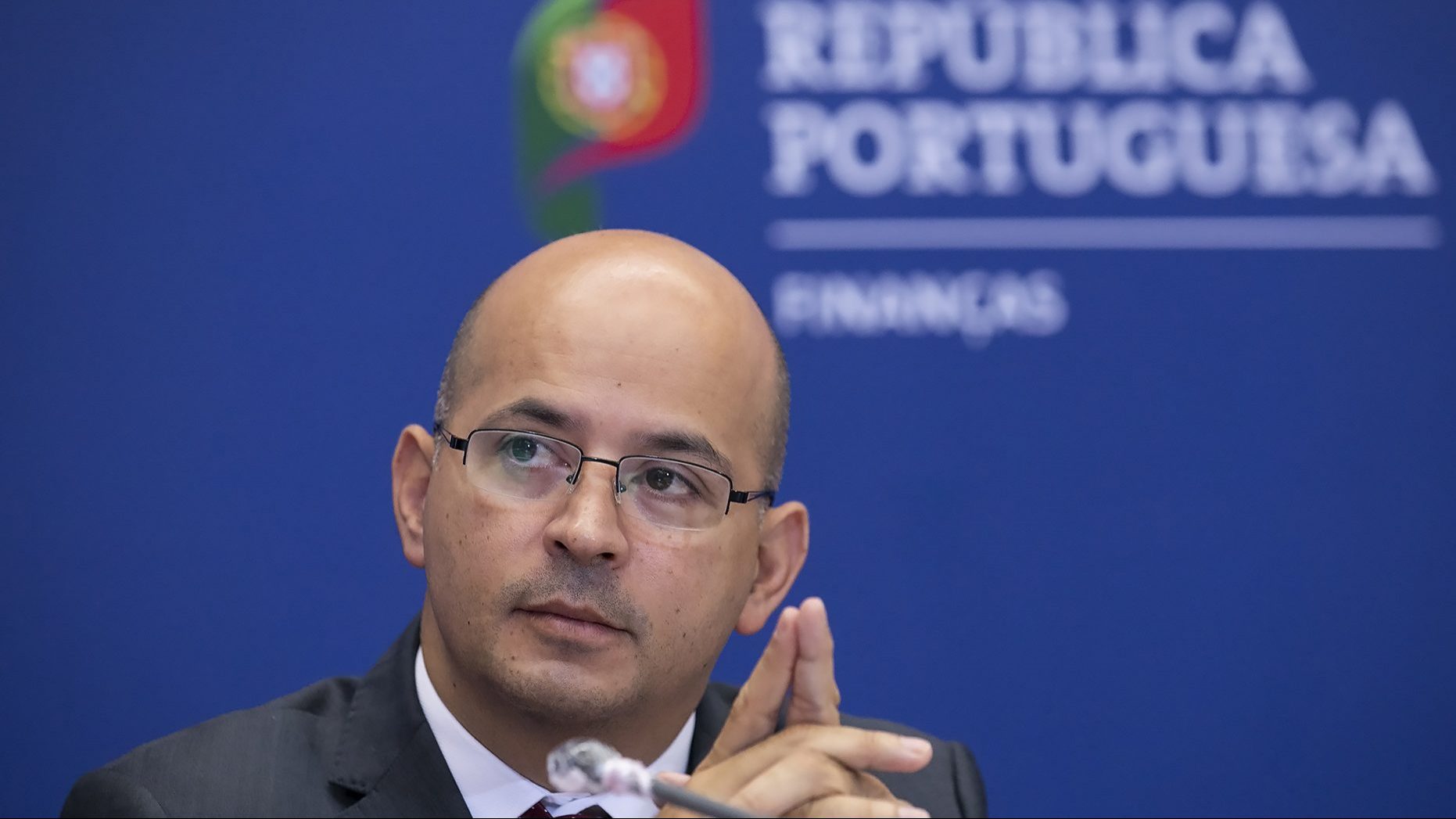Foreign ministry outlines priorities for 2022 spending
According to the government's 2022 Budget plans, there are eight fundamental axes of Portugal's foreign policy for 2022.
Portugal’s Ministry of Foreign Affairs is in 2022 to prioritise Europe, the Community of Portuguese-language Countries (CPLP), multilateral and bilateral relations, the internationalisation of the country’s economy, the Portuguese language, culture and science, development aid and Portuguese communities abroad, according to the government’s 2022 Budget plans.
These are the eight fundamental axes of Portugal’s foreign policy for 2022, according to documents presented to justify planned spending by the ministry along with the budget bill, which were submitted on Monday to parliament by the finance minister, João Leão.
For 2022 the Ministry of Foreign Affairs has a budget allocation of total consolidated expenditure of €524.4 million, up 26% on the estimated spending this year.
According to data in the report accompanying the budget bill, actual consolidated expenditure of €489.4 million is forecast, with total consolidated revenue for 2022 seen at €524.4 million.
Of the total consolidated revenue, €303 million or 57.8% relates to tax revenue, with the remainder coming from European Union funds (€85.6 million), own revenues (€69.2 million) and transfers within the public sector (€66.6 million).
“Portugal will give priority to the implementation of measures aimed at a robust recovery of European economies, as recommended by the Roadmap for Recovery – Towards a More Resilient, Sustainable and Fairer Europe, and that address the social, human and health dimension of the pandemic crisis,” reads the report’s chapter on Policies and Measures.
The document states that Portugal will continue to be committed to the fight against climate change, devoting “special attention” to the approval and implementation of a new legislative package aimed at ensuring compliance with EU targets, such as reducing emissions by at least 55% from 1990 levels by 2030 (labelled ‘Fit for 55’).
Portugal is also to pay special attention to the EU’s relationship with the UK after Brexit, as well as to the common challenges that the bloc will continue to face, in particular, the rule of law, migration, the energy transition and planned enlargement.
In the field of EU foreign policy, it is to give top priority to relations between Europe and Africa, India and Latin America, as well as the transatlantic relationship.
The ministry guarantees that Portugal will continue to defend effective multilateralism within the framework of the United Nations, in the promotion of peace and security, human rights and the UN’s Climate, Sustainable Development, Migrations and Oceans Agenda, as well as continuing to press Portugal’s bid to be elected as a non-permanent member of the Security Council for the 2027/28 term.
It also intends to strengthen intervention in all the pillars of CPLP policy and to continue to be “strongly” committed to the other multilateral organisations to which it belongs.
The government also aims to develop bilateral relations with countries on all continents and strengthen the diplomatic and consular network, increase development cooperation actions, expand internationalisation programmes for the Portuguese language and culture, and continue to support the internationalisation of the economy, with the implementation of the new programme Internacionalizar 2030 and the Diaspora Investment Support Programme.
In general, maintaining links with Portuguese communities living abroad and support for the return of emigrants “represent a fundamental line of action of the government,” the report stresses.
On Monday night, the government submitted the draft state budget for 2022 and supporting documents to parliament. The bill foresees that Portugal’s economy will grow by 4.8% this year and 5.5% next.
It also estimates a public sector budget deficit equivalent to 4.3% of gross domestic product this year, shrinking to 3.2% next, and that the jobless rate will drop to 6.5% next year – “reaching the lowest level since 2003.”
Public indebtedness is expected to be 122.8% of GDP at the end of 2022, down from an estimated 126.9% at the end of this year.
The first reading in parliament of the budget bill is scheduled for October 22 to 27. The final reading and vote is scheduled for November 25.


